
Desk Report
Publish: 16 Jun 2023, 03:18 pm
Hundreds of thousands of locusts descend on crops in a nation where nine in 10 families already struggle to afford food.
Hundreds of thousands of locusts have descended on crops in northern Afghanistan under the helpless gaze of farmers and their families already stalked by food shortages, reports Al Jazeera.
In the village of Kandali in Balkh, one of eight affected provinces in the country’s breadbasket, a swarm of grey insects has amassed on a wheat field.
“They eat everything that is green: wheat, peas, sesame,” said Baz Mohammad, the representative of Kandali village.
Desperate farmers use nets to sweep up the plague of Moroccan locusts, one of the world’s most voracious pests, before burying them in trenches, but their numbers are still multiplying.
“We walk with hungry stomachs to kill the locusts. If we don’t kill them, our agriculture will be ruined,” Mohammad said.
This year’s outbreak could destroy 1.2 million tonnes of wheat, a quarter of the annual harvest and a loss of up to $480m, according to the UN’s Food and Agriculture Organization (FAO).
Afghanistan is facing its third consecutive year of drought with farmers in Kandali reporting no rain since March, which could have helped wash away the bugs.
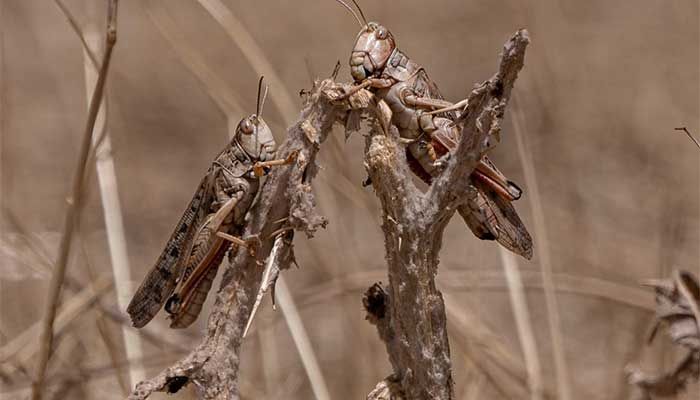
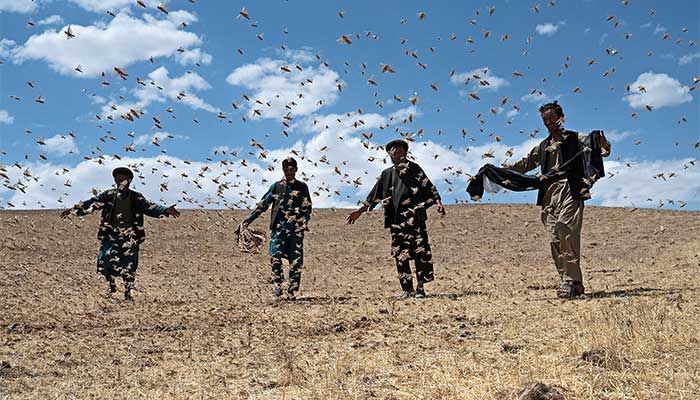
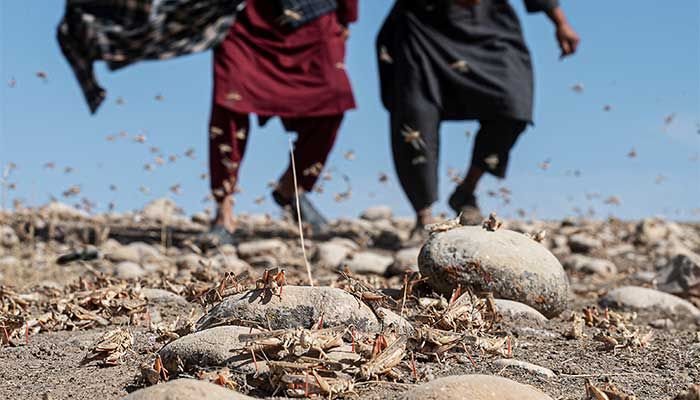
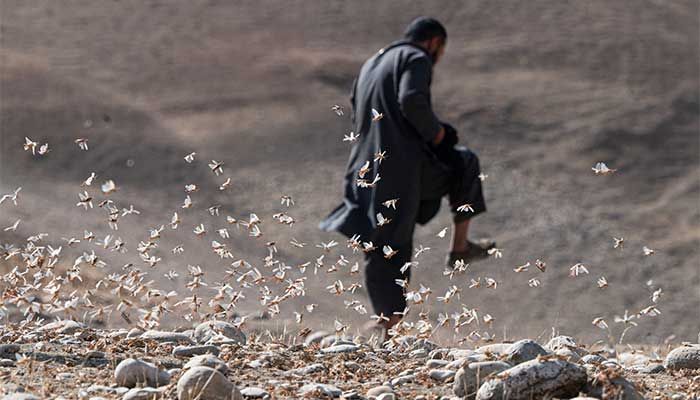
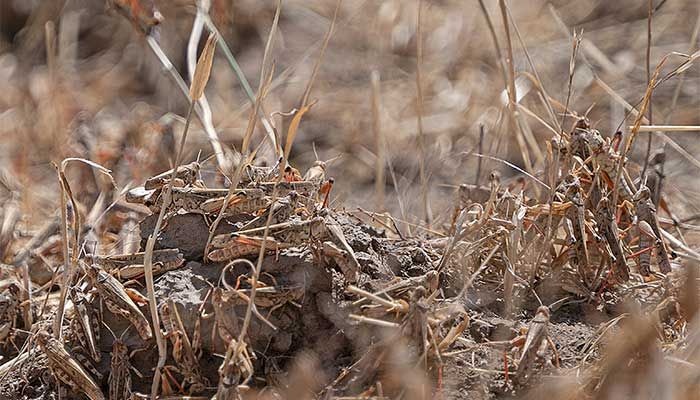
Hundreds of thousands of locusts descend on crops in a nation where nine in 10 families already struggle to afford food.
Hundreds of thousands of locusts have descended on crops in northern Afghanistan under the helpless gaze of farmers and their families already stalked by food shortages, reports Al Jazeera.
In the village of Kandali in Balkh, one of eight affected provinces in the country’s breadbasket, a swarm of grey insects has amassed on a wheat field.
“They eat everything that is green: wheat, peas, sesame,” said Baz Mohammad, the representative of Kandali village.
Desperate farmers use nets to sweep up the plague of Moroccan locusts, one of the world’s most voracious pests, before burying them in trenches, but their numbers are still multiplying.
“We walk with hungry stomachs to kill the locusts. If we don’t kill them, our agriculture will be ruined,” Mohammad said.
This year’s outbreak could destroy 1.2 million tonnes of wheat, a quarter of the annual harvest and a loss of up to $480m, according to the UN’s Food and Agriculture Organization (FAO).
Afghanistan is facing its third consecutive year of drought with farmers in Kandali reporting no rain since March, which could have helped wash away the bugs.
Subscribe Shampratik Deshkal Youtube Channel
© 2024 Shampratik Deshkal All Rights Reserved. Design & Developed By Root Soft Bangladesh